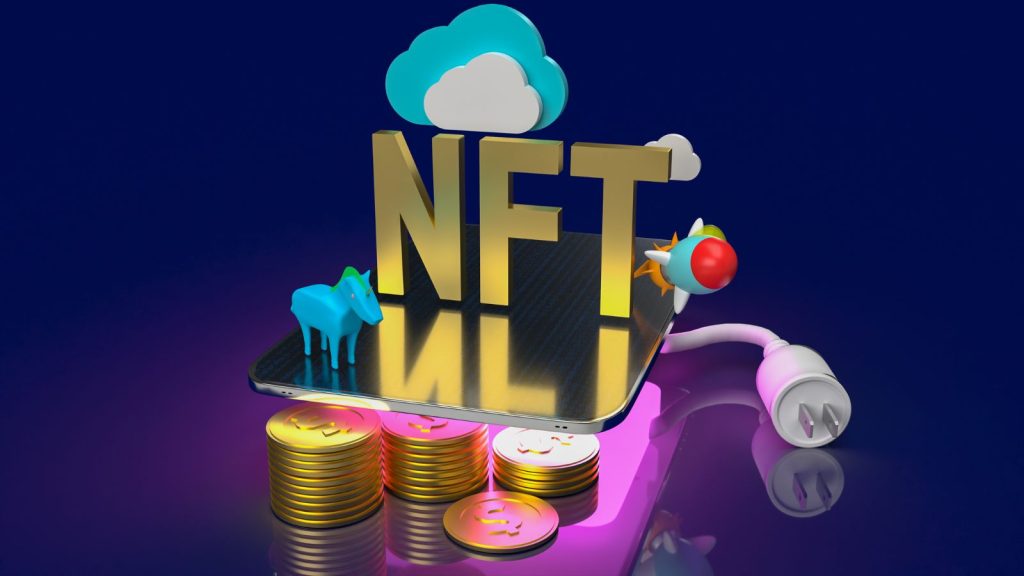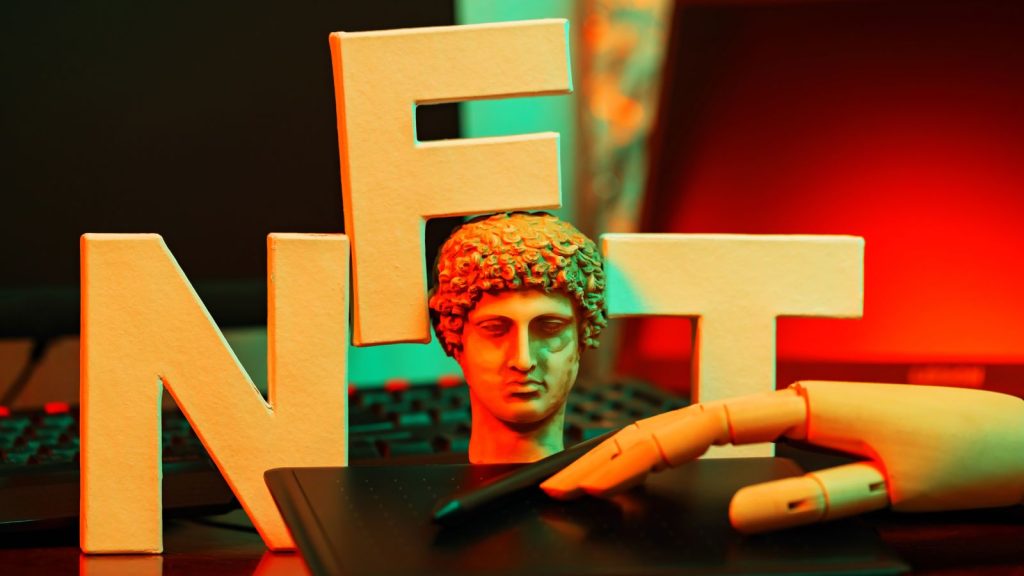
Blockchain technology has finally reached our real assets. The tokenization of RWA, or real-world assets, is gaining momentum – of course, this is largely due to the fact that traditional financial institutions are showing increased interest in them. Thus, experts say this could revolutionize investment portfolio management and may become one of the main trends in the world of cryptocurrencies in the coming years.
One of the main advantages of cryptocurrency compared to, for example, Prezzy Card still remains its decentralized functioning. It is independent of central banks and government agencies. This allows for faster and lower-cost transactions for all fund transfers – casino, trading, business, etc. Nodar Giorgadze notes that with tokenization and the emergence of virtual investment instruments, it will reach a new level of development.
RWA Essences & Examples
When an asset that exists in reality is tokenized, this means that it receives a digital form – a token on the blockchain. If someone’s property has been tokenized, this means that the real estate is represented by digital tokens. Nevertheless, the underlying assets and transactions take place in the physical world. Most physical assets can be tokenized! Examples of real assets include cars, gold, works of art, and collectibles. Besides, intangible assets such as stocks, bonds, loans, patents, etc., can also be tokenized.

Recently, Mike Novogratz’s Galaxy Digital Foundation announced the tokenization of a Stradivarius violin made in 1708. It belongs to the Animoca Brands co-founder – Yat Siu, and is valued at $9+ million. Hong Kong-based Animoca Brands is one of the largest venture capital companies in the crypto market. Siu intends to use the tokenized violin as collateral to secure a lending position in Galaxy Global Markets. Galaxy Digital will store both the violin and its tokenized version as an NFT in Hong Kong.
So, tokenized RWA is the process of turning ownership of a real asset into blockchain tokens. Real-world asset tokens can be encoded and include characteristics such as lock-up times and special conditions for investors (similar to other cryptocurrency tokens).
Benefits Entailed By RWA
The whole world has long appreciated the features and advantages of crypto transactions. It has become firmly entrenched in many areas of life of modern people. For example, according to the Gamblorium team’s attendance, many sports bettors and casino fans prefer to register on crypto sites. So, what about the RWA trend? By placing real estate or other valuables on the blockchain, RWAs create new opportunities and make things easier for DeFi investments.
Thanks to the blockchain, a company can split its assets into tokens of different sizes – gold bars, kilograms, square meters of real estate, etc. This allows to trade the of real-world assets to many small investors and simplifies the investment process or attracts funding faster. It will also lower transaction costs due to the absence of intermediaries (for example, banks or brokers). The legislation of many countries, for example, the USA and Switzerland, allows token trading without intermediaries, such as government or financial institutions. Of course, direct asset trading reduces transaction costs and speeds up the process of selling assets.
For example, on a regular stock exchange, an investor cannot buy less than one share, but in the crypto world, this is quite an available option. That is, an investor can buy a token equal to 0.000001 share of an asset and, thereby, enter even an expensive asset, for which he does not have enough money to purchase entirely.
So, RWA carries additional value; that is, it gives the seller and buyers privileges. For example, it allows to attract investment from the crypto world, automates transactions, and helps distribute goods in a new way. Here are the main benefits and risks of RWA for businesses. Due to RWA, companies start using money from digital investors to develop offline businesses. Thus, they provide themselves with a new distribution market. Platforms that trade crypto-assets, for example, NFT marketplaces, and centralized/decentralized exchanges, help with this.

In addition, Nodar Giorgadze says that RWA tokens eliminate the need for time and workspace for transactions of any scale and category. You can use RWA tokens no matter where you live, and they can be traded around the clock with speed and efficiency that traditional finance cannot provide. If you have access to the Internet, investing becomes possible anywhere in the world and at any time.
Challenges to the RWA Industry
Despite all the promises and great examples, RWA faces some obstacles. Simply put, the bridge between real-world things and the blockchain is not that strong. First, there are no authorities across jurisdictions and legal systems to create a standard set of on-chain property laws. Therefore, legal/regulatory compliance and assessment/auditing can be challenging. Secondly, the RWA niche needs a sufficient level of governance and trust. It means that token issuers, service providers, attracted investors, and regulators should work together (supporting scalability issues).
RWA: Final Thoughts
So, RWA seems to be a new business direction. It opens up new ways of distributing goods and attracting investments and customers. We have already talked about the Stradivarius violin. Besides, in 2021, a California startup sold an apartment using an NFT. After this, there were a lot of successful cases of selling gold, agricultural land, elite alcohol, etc. Nevertheless, having started tokenization, the company bears all the standard risks. Bank of America has cited RWA tokenization as a key driver of digital asset adoption.
Demand for tokenized RWA continues to grow. There will naturally be many more RWA projects that will be more versatile than bonds, gold, stocks, and commodities. Today, traditional financial firms are enthusiastic about the idea of tokenizing the assets they already trade. However, how exactly RWA will develop and whether it will bring enormous revenues and potential cannot be predicted 100%.






